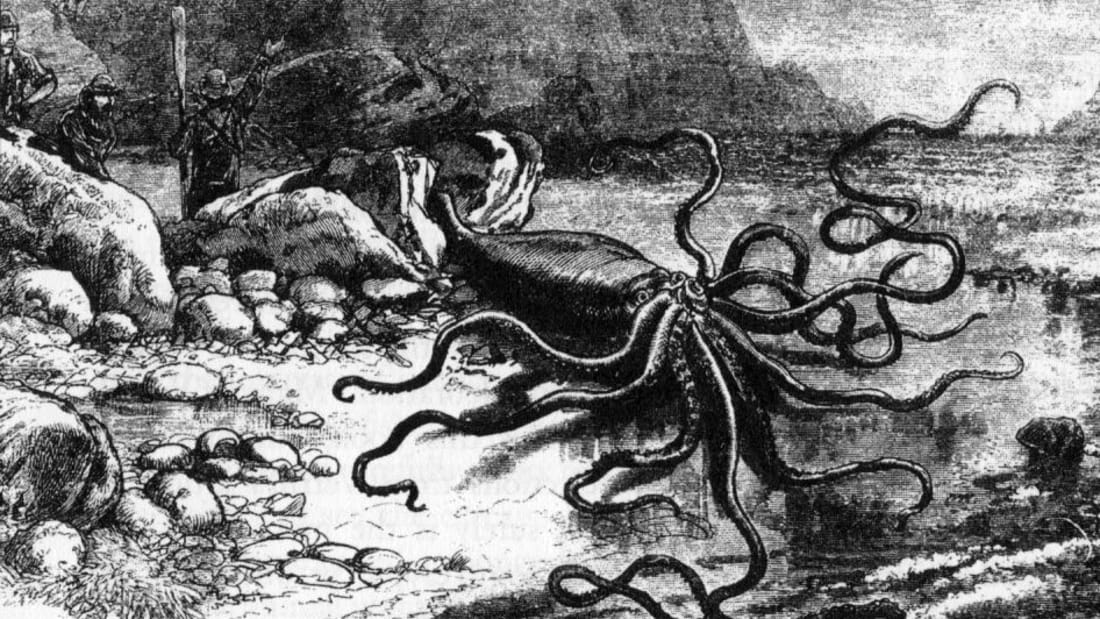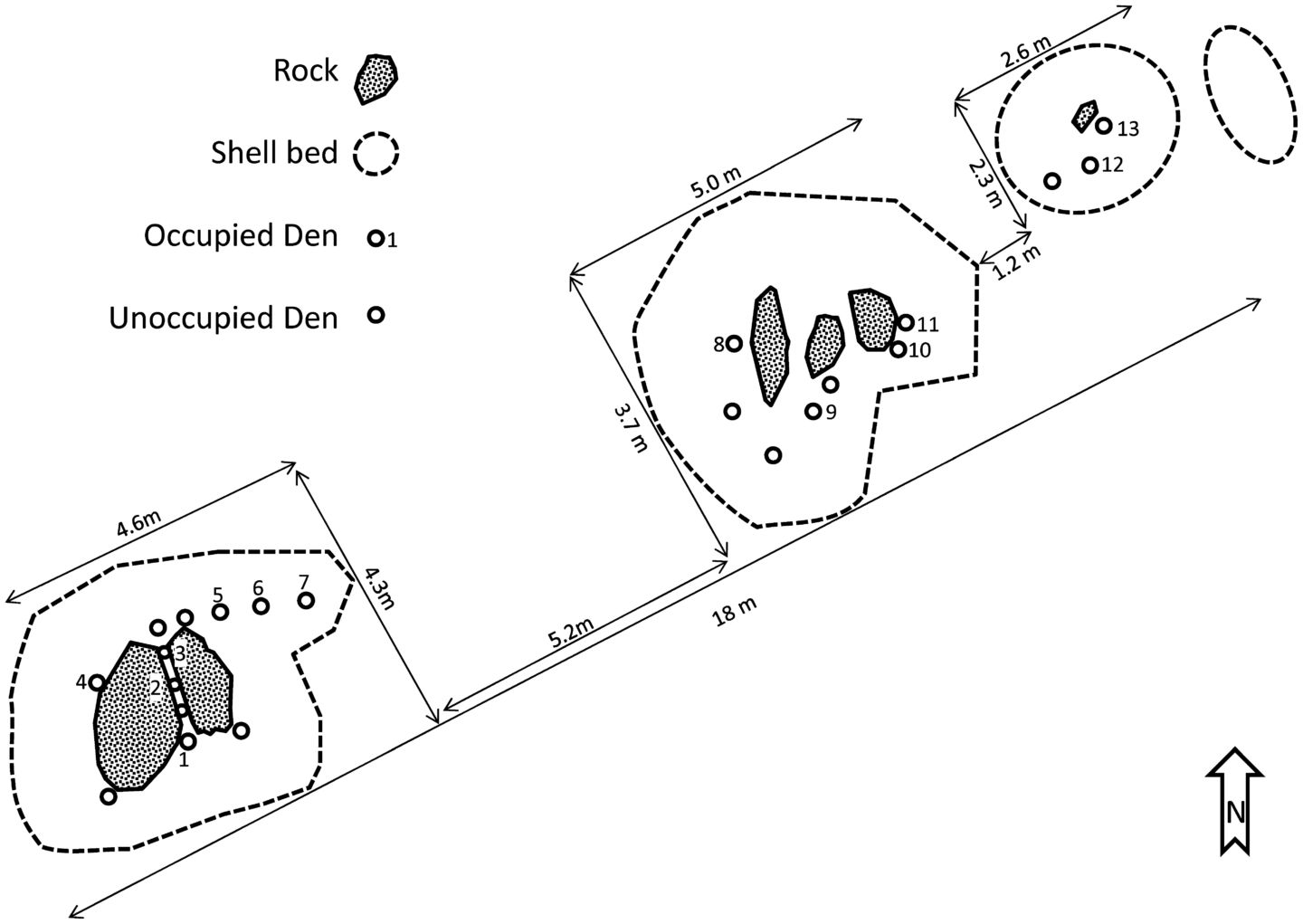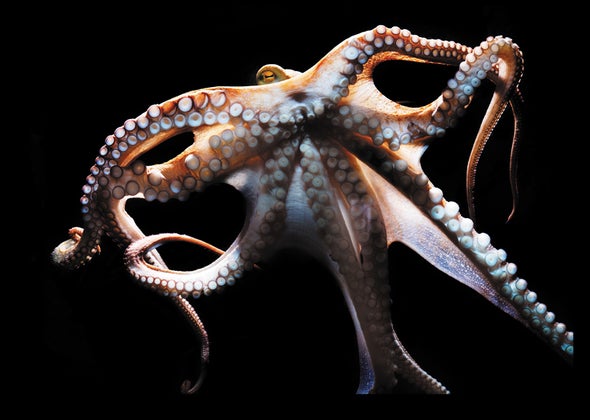Yes, it is Vampyroteuthis Infernalis which translates to "Vampire Squid from Hell". When threatened, the Vampire Squid can literally turn itself inside out to reveal a defensive set of threatening spikes as seen in this gif made by Meme Guy from a Monterey Bay Aquarium Research Institute video:
Bruce Robison, the resident expert on Vampire Squids at the Monterey Bay Aquarium Research Institute (MBARI) gives us a good introduction to this fascinating creature in this video produced by the Science Friday YouTube Channel:
The Animals Network has put together a concise page of what is currently known about this mysterious denizen of the deepest depths - as far as 3,000 ft. below sea level and more!
For years marine biologists have puzzled over what the mysterious vampire squid eats. Recent research by Henk-Jan Hoving and Bruce Robison at the Monterey Bay Aquarium Research Institute (MBARI) finally reveals the answer. These deep-sea creatures use long, retractile filaments to passively harvest particles and aggregates of detritus, or marine snow, sinking from the waters above. This feeding strategy, unknown in any other cephalopod (this group of animals includes squid and octopods), allows vampire squid to thrive in the oxygen minimum zone where there are few predators but marine detritus is abundant:
MBARI: What the Vampire Squid Really Eats
On the Smithsonian Ocean Portal family tree of cephalopods you can see the Vampire Squid has its own unique branch:
One of the most fascinating and comprehensive web pages on the vampire squid is provided by the Tree of Life Web Project:
Nautilus Live had an exciting close encounter with a vampire squid:
Almost a mile deep off Socorro Island, we had an extended visit with a Vampyroteuthis infernalis--literally meaning "vampire squid from hell." Neither squid nor octopus, this fierce-sounding cephalopod actually reels in specks of marine snow using two retractable filaments and mucus-covered suckers!
This close encounter was captured with both our normal ROV Hercules HD camera and a low light camera for bioluminescence designed by Dr. Brennan Phillips at University of Rhode Island's Graduate School of Oceanography and David Gruber at the City College of New York/Baruch College.


























